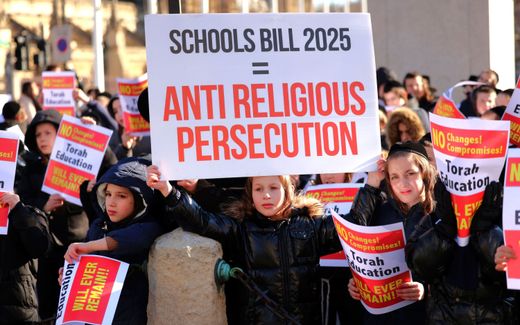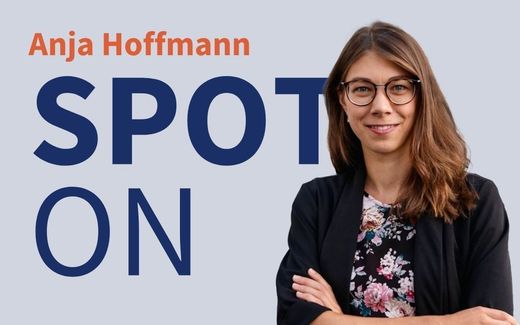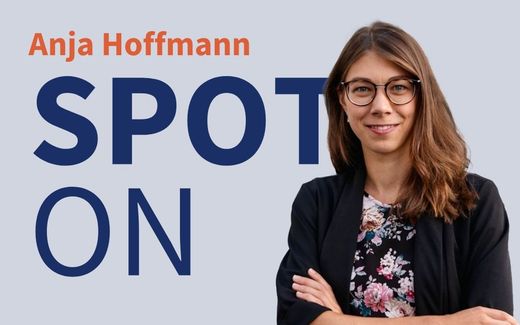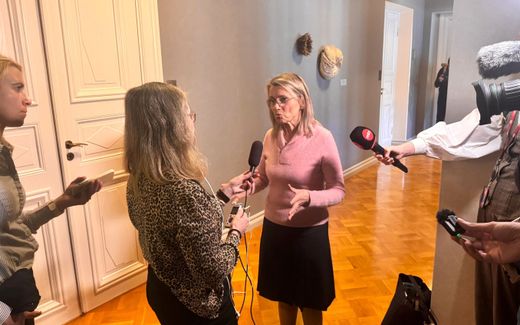What if prayer gets controversial? Anja Tang-Hoffmann tells in the CNE podcast
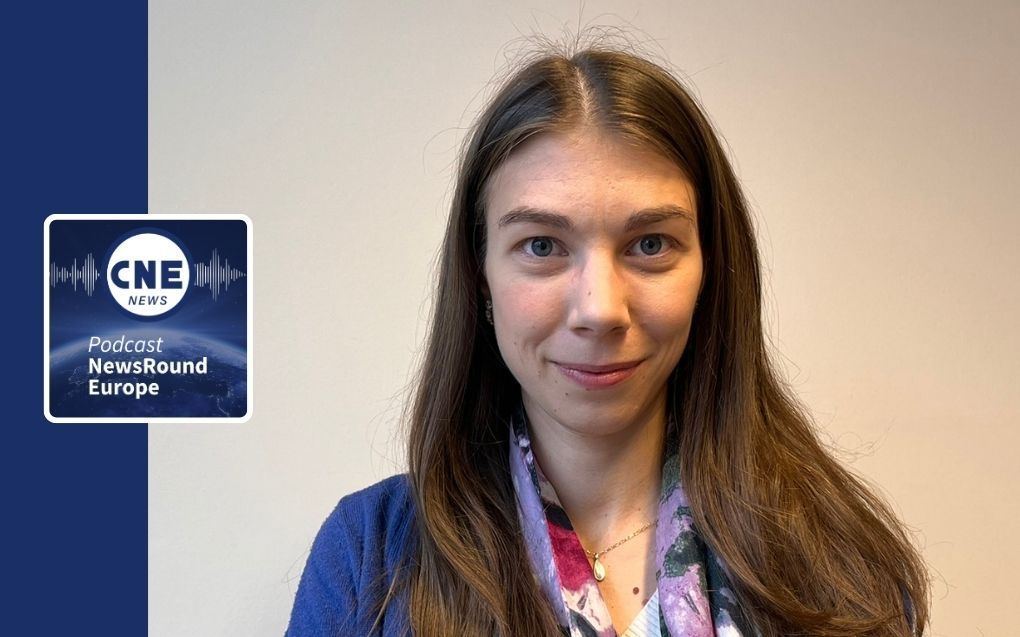
Anja Tang-Hoffmann. Photo CNE. Canva
European Union
Every day, Anja Tang-Hoffmann and her colleagues search newspapers from all corners of Europe to look for incidents of intolerance against Christians. And sometimes, the breaches of religious freedom come even from the governments.
Anja Tang tells all about that in the CNE podcast.
At the office of OIDAC (Observatory on Intolerance and Discrimination against Christians), they search in all languages. But director (and CNE columnist) Anja Tang-Hoffmann knows that many incidents of hatred against Christians do not make it into the news.
When OIDAC presented its 2025 report in Brussels last week, one story caught everyone’s attention. A visitor reported that a church liturgy in Brussels was disrupted by a man shouting “Allahu Akbar.” “We have a few of these cases”, Anja says.
Most often, those disturbances come from France, Spain and England. These countries are at the top in the annual report, together with Germany. In the podcast, she shares examples of vandalism. It even happens that churches are set on fire.
To CNE’s podcast host Evert van Vlastuin, Anja Tang shares that she finds it “surprising” that many times the intolerance comes from the governments themselves in the form of restrictions. In contrast, governments are expected to protect religious freedom.
Concrete examples are the buffer zones around abortion clinics. In a radius of 150 or 200 metres, you are not allowed to give any sign of disapproval to abortion. “Adam Smith Connor was punished for just having his head slightly bowed while he was silently praying. He did not speak a word and did not interact with anyone. But even that was a violation of this buffer zone rule.”
Tang is convinced that this is a breach of religious freedom on the part of the government. She rejects the “narrative” that people remain free to pray outside this zone. “Religious freedom has a public dimension. Individuals are free to pray wherever they want. The burden is on the government that restrictions are as narrow as possible, and that restrictions are only allowed if they are necessary to protect public order.” In the podcast, she clarifies that in most cases, there is no harassment of public order.
Behind all this, there is a “post-Christian ethics”, as Tang calls it. “Christianity emphasises the role of the individual and individual freedom and dignity. But the post-Christian ethics only looks at self-determination without any ties to human nature.”
Tang’s conclusion as OIDAC director is that the European Commission needs to appoint a coordinator for combating anti-Christian hate crime. Such an office already exists for Jews and Muslims. In the podcast, she explains why such a person is needed for Christians as well.
Hear Anja Tang explain why she believes Europe needs to act –and how faith freedom affects everyone– in this week’s CNE podcast.
Related Articles


